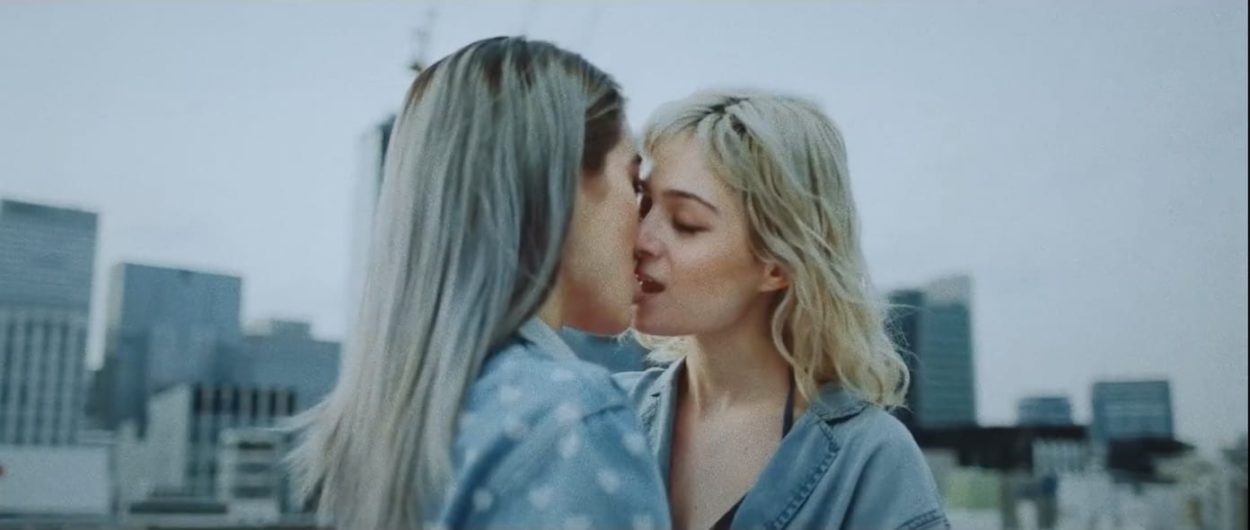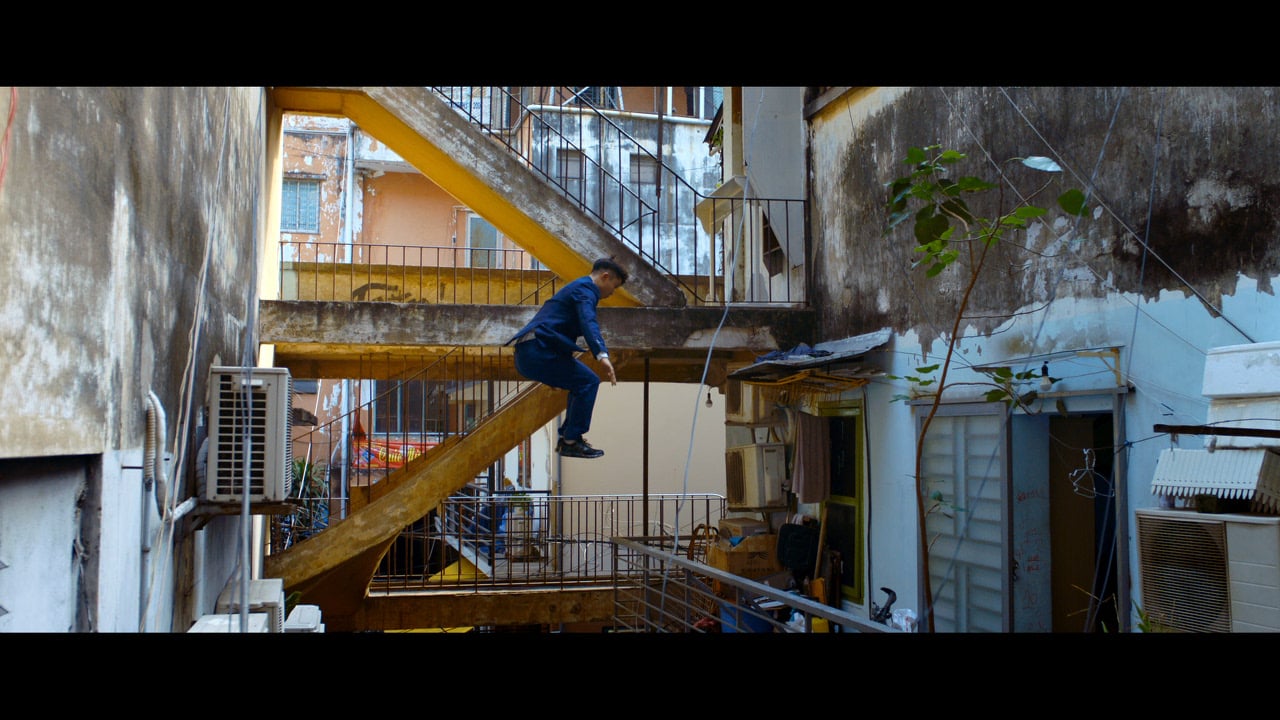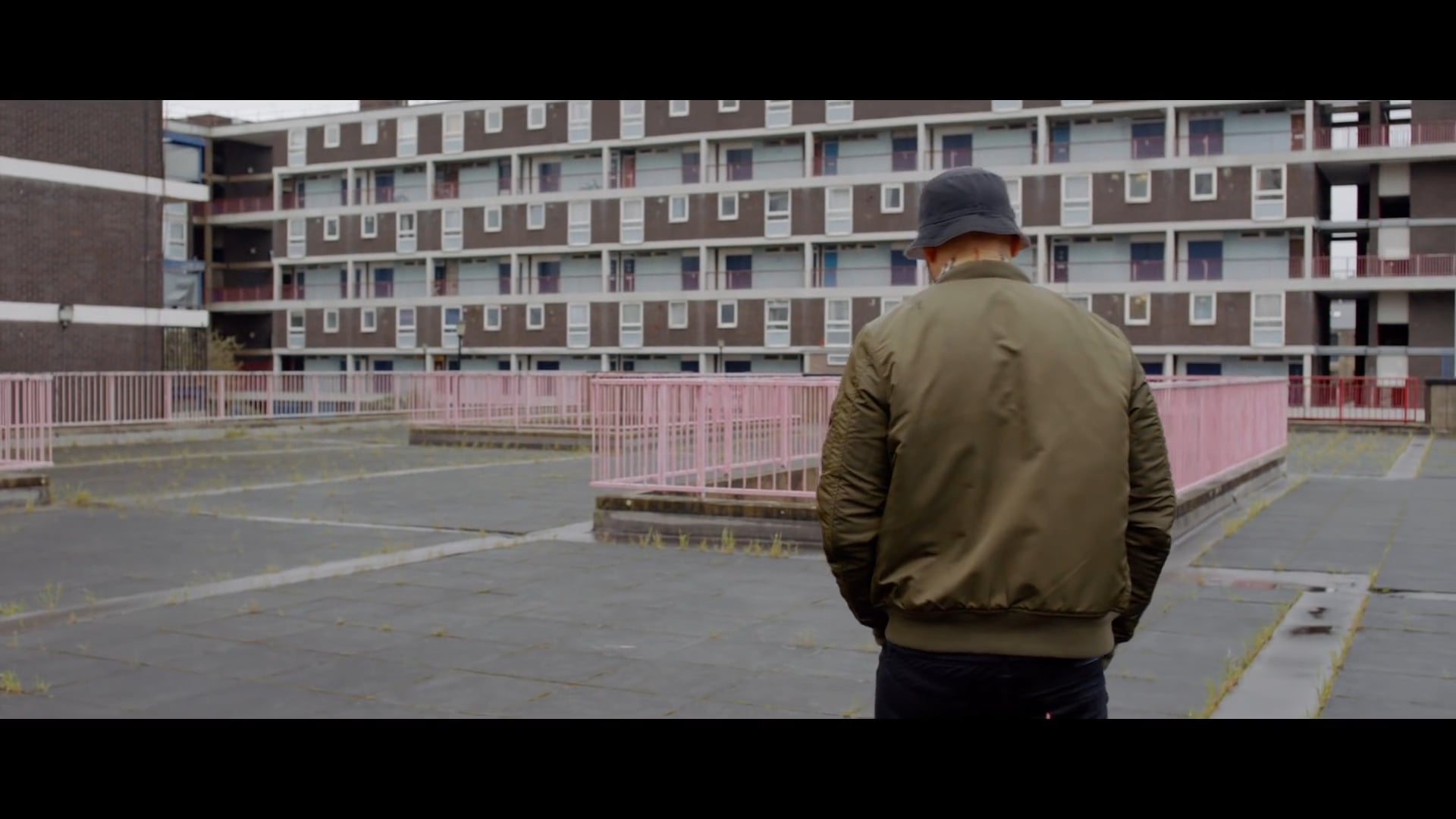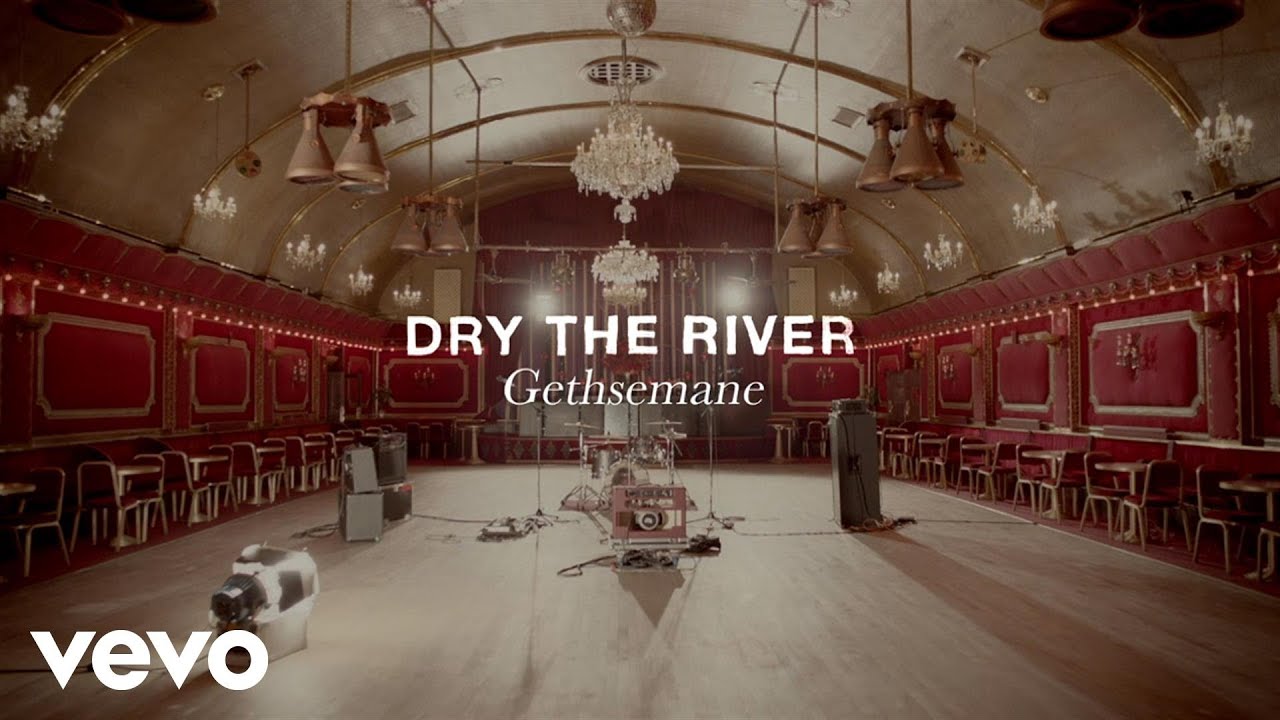We can absolutely understand why you’d want to move from London to live in Tokyo. Everyone has their reasons, what were yours?
Simply, I just fancied a new challenge. I’d been living in London for 10 years, which I loved, but wanted a change of scene. I wanted to live somewhere completely different and be a bit more out of my comfort zone. I didn’t really know anyone in Tokyo but thought I’d just give it a shot and have loved every minute of it.
Please briefly describe your childhood..
I spent the first years of my childhood growing up in a fairly nondescript village in the south of England. Getting up to the kind of things boys tend to in the countryside. We then moved around a bit ending up in Melbourne in Australia for three years when I was a teenager which I absolutely loved, so much so in fact that when my family came back I stayed there on my own for 6 months.
Did you go to film school? A little potted history of your background please.
I studied film theory at university. Which basically entails watching films and writing essays about them. Initially I was a bit bummed out that there wasn’t a practical element to the course but in hindsight I’m glad it was that way around. University was where I really developed my love of film and I got to learn all the technical stuff when I started working anyway.
Diesel put you on the creative map in Asia, and now you’ve shot an ad for mobile company Vletmobile in Saigon. What were the main challenges of both productions? Any learning curves?
Because of the respective markets each project had its own set of challenges. For Diesel it was how we localised the global “Make Love Not Walls” campaign in order to make it relevant to the Japanese market. We wanted to make it fun and try and push boundaries a little but you have to make sure you do it in a sensitive and respectful way.
For the Vietmobile ad it was simply that no ad like that had been made before in Vietnam. So we had no idea if it would work out. Luckily I was surrounded by a great team there which makes a big difference. The production company Clubhouse Films were really keen to push the project as far as we could and the client and agency were completely behind us which was great. They really want to make something different that would make an impact and I think hopefully we achieved that.
Since you’ve signed to Dictionary Sydney, do you feel your filming style has evolved?
Working with Pete Grasse (Dictionary EP) in Tokyo has been a great experience, which is why I’m super excited to be represented by Dictionary now in Australia. Something I’ve really taken away from Peter, and something I want to reflect in my own work, is his focus and passion for film craft. It’s been great to work with his Dictionary team as they are so dedicated to crafting good stories and have such a sound knowledge about filmmaking from production to post. It’s really helped me improve as a director.
What’s the best advice you’ve ever had about filmmaking?
It’s hard to remember any specific piece of advice but I think something that’s stuck with me is about finding your own style or voice so to say. As I’ve developed I can definitely see how that is important. I don’t think I’ve quite done that yet but it’s something that I always have in mind.
LINKS















